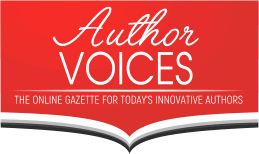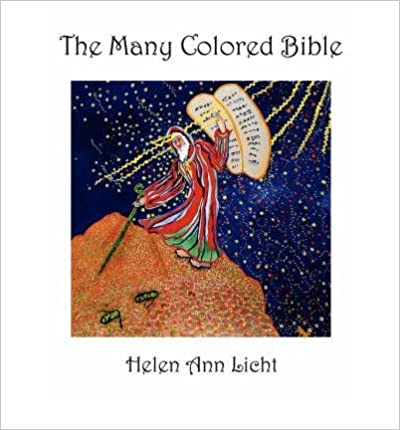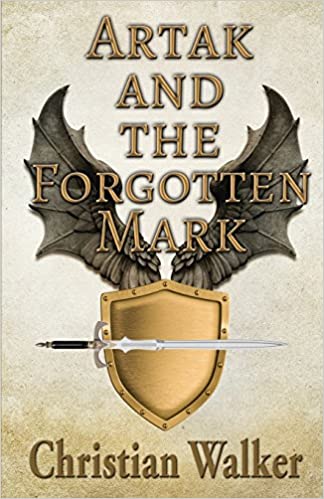Interview with Amy Baker
Author of Co-parenting with a Toxic Ex: What to Do When Your Ex-Spouse Tries to Turn the Kids Against You
Where are you from originally and where do you reside now?
I was born and raised in Philadelphia and I live in Teaneck NJ.
If you currently reside somewhere besides where you were born, what’s the story that lead from there to here?
Oh my gosh, that is a long and winding story of many moves but all on the east coast. When I was a teenager I lived in Claverack NY in a commune/boarding school and then went to Bennington College in Vermont. I then transferred to Barnard College for a more traditional college education and it was there that I found my calling in child abuse/child attachment/developmental psychology. After graduating, I got my PhD in Developmental Psychology from Teachers College and basically have stayed in the NY/NJ area ever sense.
What made you decide to write and publish your first book?
My first book is entitled “Adult children of parental alienation syndrome: Breaking the ties that bind” (WW Norton, 2007). It was my goal to answer what I perceived to be three burning questions about parental alienation: (1) Do alienated children ever return to their rejected parent? (2) What are the catalysts to the reconciliation? and (3) What are the long-term effects of being alienated from one parent by the other.I wanted to provide this information to parents dealing with parental alienation so that they could have hope and insight into the traumatic experience they were dealing with.
How would you describe your books to first time readers?
With two exceptions (a research methods text book and a workbook for children) all of my books aim to speak to both mental health professionals and parents dealing with some aspect of child abuse/parental alienation. My goal is always to study and explain and then to present the information in a way that is meaningful and useful to professional and lay audiences.
Who do you feel is most likely to connect with the topics you write about?
Any parent who is worried that the other parent of their child will unduly influence their child will find something to connect with in my books. In addition, the mental health professionals who work with those families as well as the friends and family of those parents could hopefully will also find something useful.
What unexpected or surprising thing did you learn during the process of writing and publishing?
I learned that I love to write and I love to connect with readers. The best e-mails I get are the ones from people who just want to tell me that they found meaning, inspiration, and support in something I have written. I have never found writing to be a lonely process because at the end of the actual writing are the readers who reach out to me.
If you could, what advice would you give to your past self before embarking on this journey?
I would say that it would be helpful to know more about marketing and staying connected to readers through social media and newsletters and such. That is something I am not particularly good at.
How many people would you ideally like to reach with your books?
Everyone who needs to!
What has been the biggest challenge and frustration during the process to date?
One challenge is that I keep learning more about how to help people in this situation and yet each book is frozen in time and cannot readily be updated or expanded so I always feel like something useful has been left out.
What’s your biggest strengths when it comes to book a) writing, b) publishing and c) marketing?
I am a very efficient writer and I have been told that I can explain complex phenomena in an easy-to-digest way.
What’s your biggest weakness when it comes to book a) writing, b) publishing and c) marketing?
Marketing and connecting with readers is not my strength. I don’t even have a newsletter.
When do you think you will write your next book?
My next book will be released in February 2020. It is a clinical manual for licensed mental health professionals working with targeted parents and their adult alienated children. The book provides a strong foundation of parental alienation theory and then lays out 13 weeks of clinician-directed activities to help the parent and child — whose relationship has been highly conflicted if not disrupted from outside forces — to rebuild love, trust, and a feeling of safety.
Are you self published or did you use a hybrid publisher, or a traditional publisher?
I have pretty much always worked with traditional publishers; WW Norton, Routledge, Rowman & Littlefield, and New Harbinger.
FEATURED AUTHORS
Worrying if I was telling too many secrets Leaving out so much.
Keep Reading »Writing is an arduous task even when one has all ideas clear in the read more
Keep Reading »Write the book, start marketing (letting people know of it) before you finish.
Keep Reading »










